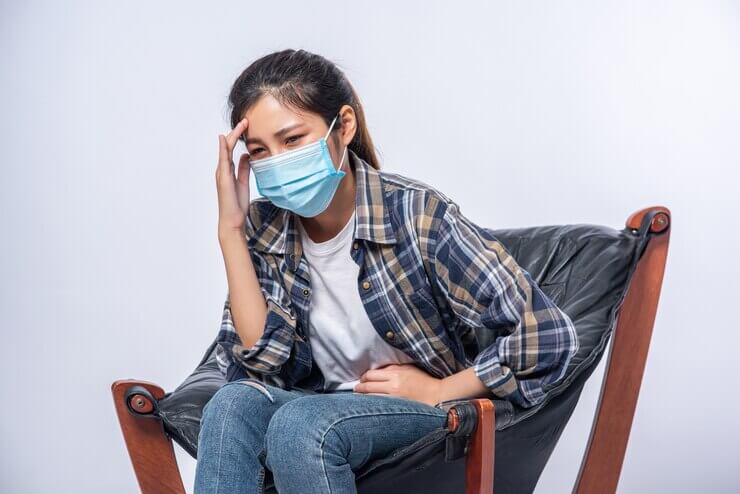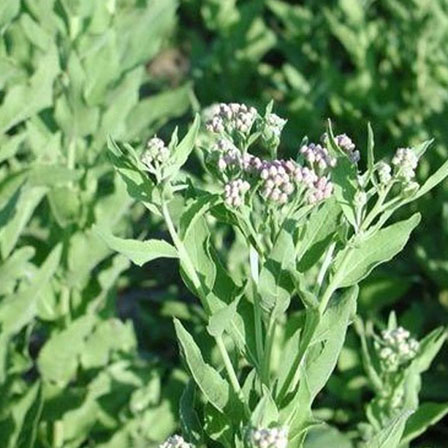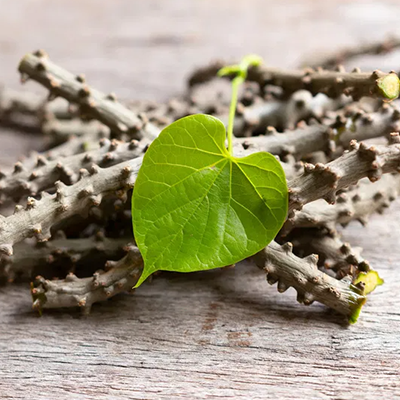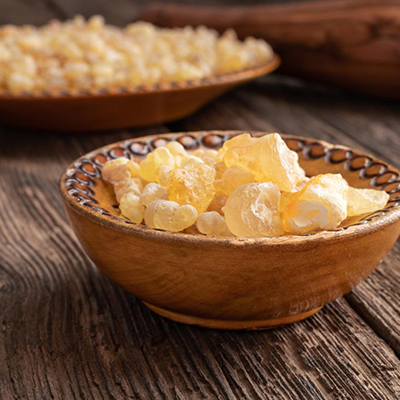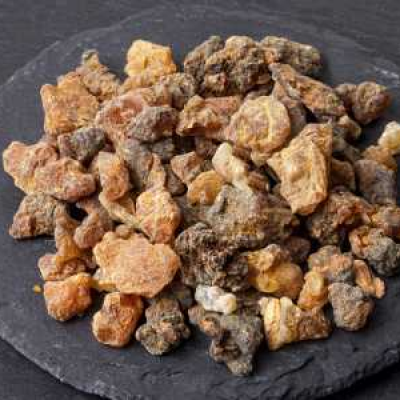Polymyositis is a chronic, idiopathic inflammatory myopathy that primarily affects skeletal muscles, leading to muscle weakness. It is classified as an autoimmune disease, where the body’s immune system mistakenly attacks its own muscle tissues. Polymyositis typically develops in adults between the ages of 30 and 60 and is more common in women.
What Happens in Polymyositis?
In polymyositis, the immune system targets the muscle fibers, resulting in:
- Chronic Inflammation: Lymphocytes (a type of white blood cell) invade muscle fibers.
- Muscle Fiber Damage: Leads to muscle weakness, especially in proximal muscles (closer to the trunk).
- Progressive Disability: As muscle strength diminishes, daily activities like climbing stairs, lifting objects, or even swallowing become difficult.
Causes of Polymyositis
The exact cause is unknown, but several factors are believed to contribute:
Autoimmune Reaction
- The immune system attacks muscle tissues due to a misdirected immune response.
Genetic Predisposition
- Family history of autoimmune diseases increases the risk.
Environmental Triggers
- Viral infections (e.g., Coxsackievirus, HIV, HTLV-1).
- Certain drugs or toxins.
Associated Conditions
- Overlap with other autoimmune diseases such as systemic lupus erythematosus (SLE) or rheumatoid arthritis (RA).
Symptoms of Polymyositis
Primary Symptoms
- Muscle Weakness: Progressive and symmetric, affecting proximal muscles (hips, thighs, shoulders, neck).
- Fatigue: Generalized and persistent.
- Muscle Pain: Mild in most cases but can be significant in some.
- Difficulty Swallowing (Dysphagia): Involvement of throat muscles.
- Shortness of Breath: Due to respiratory muscle involvement.
Other Symptoms
- Joint pain or stiffness.
- Fever.
- Weight loss.
- Raynaud’s phenomenon (discoloration of fingers or toes in response to cold or stress).
Types of Polymyositis
Polymyositis is part of a broader group of inflammatory myopathies:
- Classic Polymyositis: Isolated muscle inflammation and weakness.
- Overlap Syndrome: Associated with other autoimmune conditions like scleroderma or RA.
- Cancer-Associated Polymyositis: Linked with underlying malignancies.
Complications of Polymyositis
Severe Muscle Weakness
- Difficulty performing basic tasks.
- Loss of mobility or independence.
Respiratory Issues
- Weakness in respiratory muscles can lead to breathing difficulties.
Swallowing Problems
- Dysphagia can increase the risk of aspiration pneumonia.
Heart Complications
- Myocarditis or arrhythmias due to cardiac muscle involvement.
Increased Cancer Risk
- Especially ovarian, lung, pancreatic, and colorectal cancers.
Ayurvedic Perspective on Polymyositis
In Ayurveda, polymyositis can be correlated with Mamsagata Vata (disorders of the muscle tissue) or Avarana Vata (obstruction of Vata flow due to Kapha or Ama). The disease arises from:
- Vata Imbalance: Weakness and degeneration of muscles.
- Ama Accumulation: Toxins resulting from improper digestion lead to inflammation
- Kapha Obstruction: Hinders normal Vata flow, causing stiffness and heaviness.
Ayurvedic Treatment for Polymyositis
Detoxification (Shodhana)
Panchakarma therapies aim to remove toxins and restore dosha balance:
- Virechana (Purgation therapy): Removes excess Pitta and toxins.
- Basti (Medicated enema): Addresses Vata disorders and rejuvenates the musculoskeletal system.
Dietary Guidelines
- Eat warm, easily digestible foods.
- Include anti-inflammatory spices like turmeric and ginger.
- Avoid processed foods, dairy, and cold or heavy meals that aggravate Kapha and Ama.
Lifestyle and Yoga
- Exercise: Gentle yoga postures like Bhujangasana (Cobra Pose) and Shalabhasana (Locust Pose) improve flexibility and strength.
- Pranayama: Breathing exercises like Anulom-Vilom and Bhastrika enhance respiratory function.
- Abhyanga (Oil massage): Regular massage with medicated oils improves circulation and relieves stiffness.
Herbal Remedies
Ashwagandha (Withania somnifera)
Strengthens muscles and reduces inflammation.
Rasna (Pluchea lanceolata)
Relieves pain and improves mobility.
Guduchi (Tinospora cordifolia)
Boosts immunity and reduces autoimmune reactions.
Shallaki (Boswellia serrata)
Anti-inflammatory properties help reduce muscle damage.
Guggulu (Commiphora mukul)
Enhances muscle repair and reduces Ama.
Ayurvedic Formulations
- Chyawanprash: Nourishes muscles and boosts immunity.
- Dashamoola Kashaya: Reduces inflammation and balances Vata.
- Bala Thailam: Used for external massage to strengthen muscles.
- Trayodashanga Guggulu: Effective for musculoskeletal disorders.
Rasayana Therapy (Rejuvenation)
Medhya Rasayanas like Brahmi and Shankhpushpi improve cellular repair and reduce oxidative stress.
Ayurveda focuses on treating the root cause by balancing doshas, improving digestion, and strengthening muscles, while modern medicine addresses acute inflammation and immune regulation.
Polymyositis is a complex autoimmune condition requiring a multidisciplinary approach. While modern medicine provides symptomatic relief and immunosuppression, Ayurveda offers a holistic perspective by improving overall vitality, immunity, and muscle strength. Integrating both systems can optimize long-term outcomes for individuals with polymyositis.


